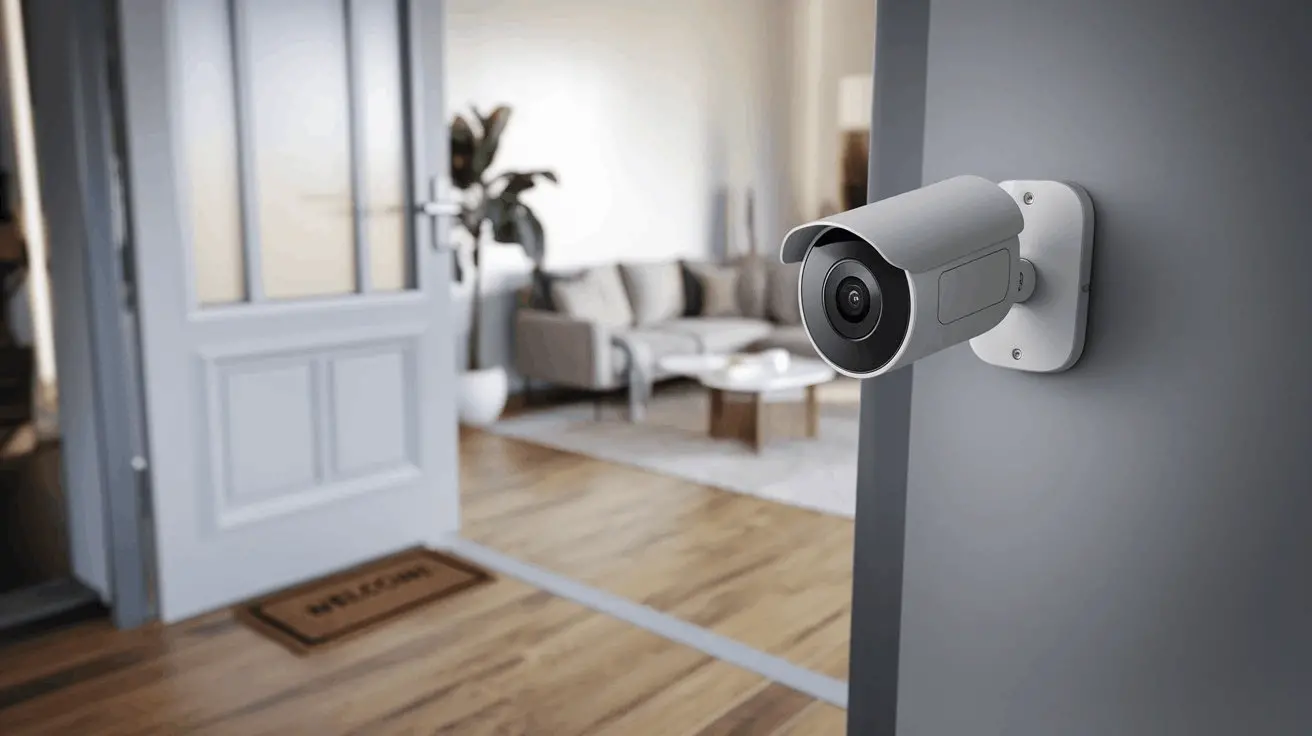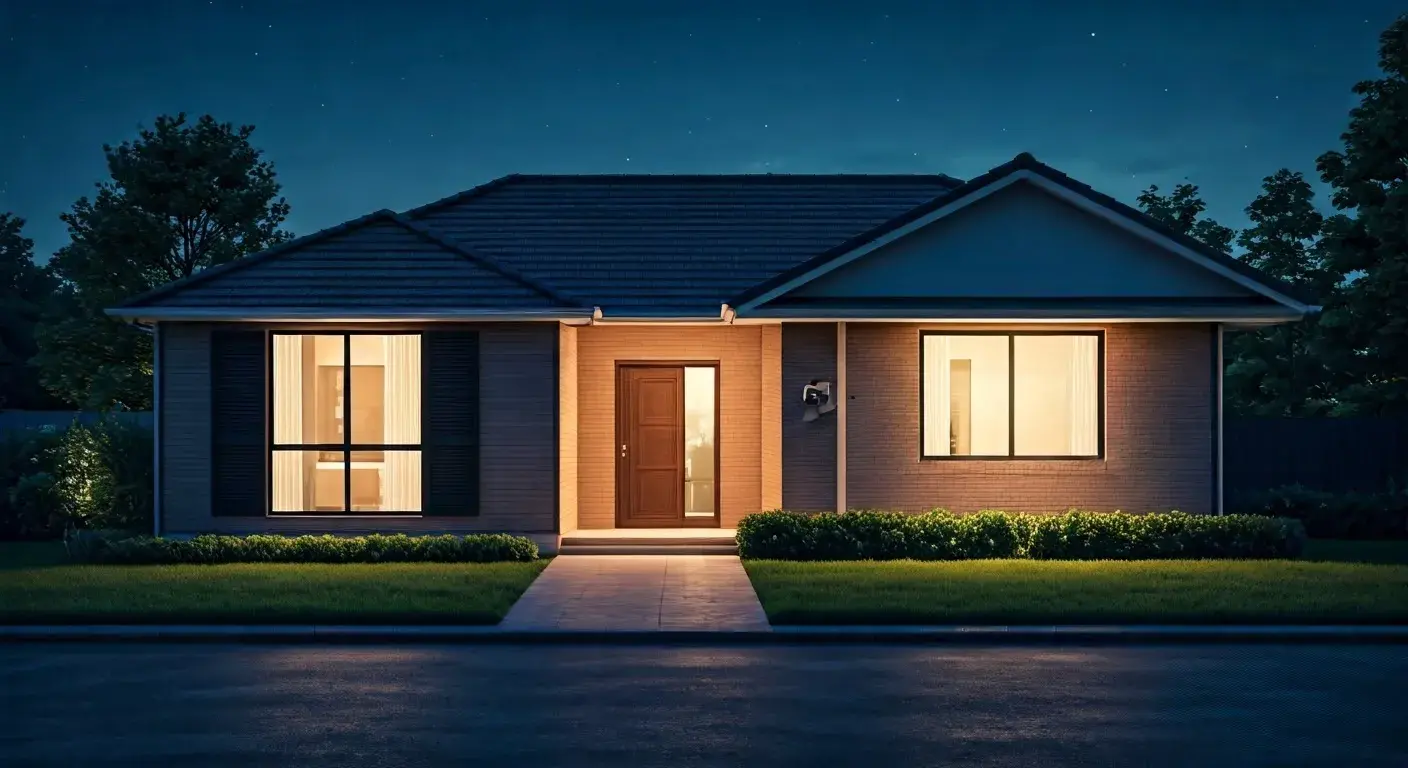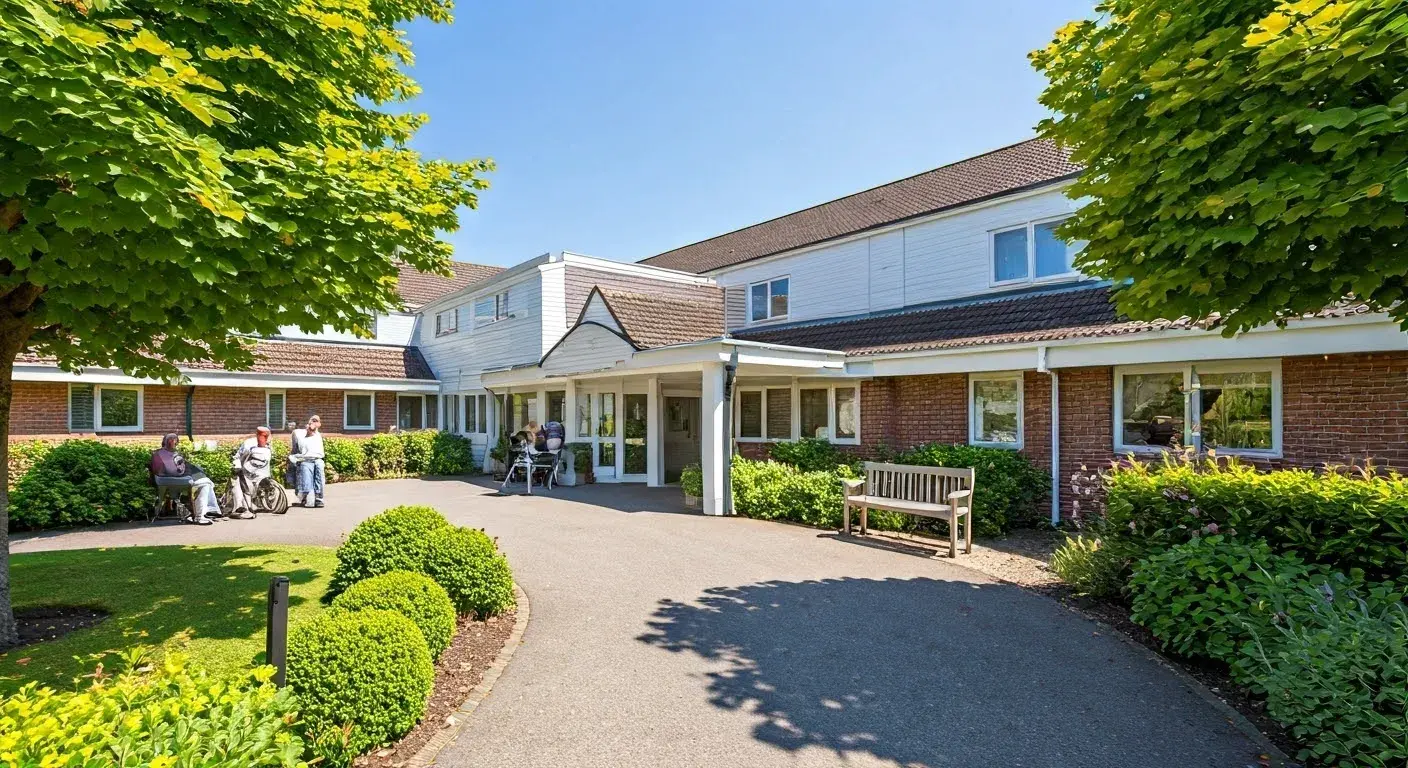Smart home security system become relevant as it serves as a protection for you and your family as well as for your property. With increasing use of smart gadgets in homes it becomes very important to make sure that your home security system is effective. Here, we will offer you all the information required on home security system including new features in the market and what measures you should take.
This article aims to discuss some fundamental aspects that provide information regarding home security systems.
The home security system is a complete system of electronic devices and components that protect a home and its belongings.
The main components of a typical security system include:
1. Control panel: This part of the system is the central control panel of the security system. It gets signals from other devices, analyzes the information, and interacts with the homeowner and the emergency services. The control panels may include a touch screen type, or buttons or keys type.
2. Sensors: Some of the wide varieties of sensors that may be incorporated into home security systems are as follows; door and window sensors, motion sensors, and glass break sensors. In other cases, these devices are installed at some strategic points within the home to sense instances of a break-in or any other illegitimate activities.
3. Cameras: CCTV systems will also be favorable in reducing or preventing criminal activities and assisting in detecting people of interest. While some cameras constantly capture the video, others switch on to record a video only if they sense movement.
4. Alarms: Burglar alarms are key elements in the home security system. An alarm is commonly linked to a control panel that in turn informs the homeowner and or an emergency service provider in case of an alarm.
5. Security lighting: Existential lighting also has the role of lighting up the outside area and hence can help in preventing intruders from a home. Smart lighting systems are capable of turning on at the detection of a passing motion or can be activated by using a smartphone or any other device.
6. Smart locks and keypads: Smart locks enable homeowners to lock and unlock their doors from a distance while keypads offer one a way to disengage the alarm without a key.
The New Technologies on Home Protection Systems
Over the years, the trend in smart homes has seen new products introduced in home security features regularly. Some of the latest technologies include:
1. Voice-activated controls: Voice-activated controls offer some unique features. Homeowners can set and reset their security system, open or close smart locks, and even monitor cameras without standing up from the comfort of their couch.
2. Smart doorbells: Smart doorbells are a technological advancement that will help keep track of people coming and going into your home. They can also display video input and audio, as well as include the possibility of interaction with the visitors.
3. IoT (Internet of Things) devices: The IoT is the extended communication network of physical objects that can interact and exchange data with each other. Regarding home security, IoT devices may fall under smart locks, smart thermostats as well as other smart appliances that can be controlled remotely.
4. Facial recognition: Modern home security systems are raising the stakes with features like facial recognition to tell them who is coming and going from your home. This can be very useful in preventing visitors from accessing your compound and only those who are allowed are allowed access.
The Right System: Selection Criteria for Home Security
There are some measures to consider while choosing a home security system; the size of the house or home, cost, and the degree of security desired.
Here are some things to keep in mind:
1. Assess your needs: Understand how secure or which aspects of the home and property you want to protect require security systems. Do you need extra components, which are smart locks and video surveillance systems? Or are you more interested in such fundamental things as door or window security systems that use sensors?
2. Research different providers: If you look around you will find home security providers in abundance and each of them offers different security services and charges differently. Spend time making comparisons with different providers in terms of the services they offer, the cost, and other users’ feedback.
3. Get professional installation: As usual, DIY home security system installation is advisable but it is recommended that people hire a professional to do the work for them. You will be certain that all components are connected within the subsystems and that everything is working as anticipated.
4. Keep your system up-to-date: It is always important to match the latest home security installation with the newest technologies on the market. That will be an opportunity to schedule when maintenance and updates will be performed to keep the system up to date.
Conclusion
The smart home security system is an investment you make for the safety of your home and your loved ones. With this knowledge of the different parts and technologies out there, then it creates the awareness of the correct system for a particular situation. Please, do not forget to check your needs, consider various offers, and, if possible, use professional services to install devices. A good security system guarantees you your home’s safety hence giving you relaxation when in the home.
Call (888) 805-5456 to get a smart home security system now!







